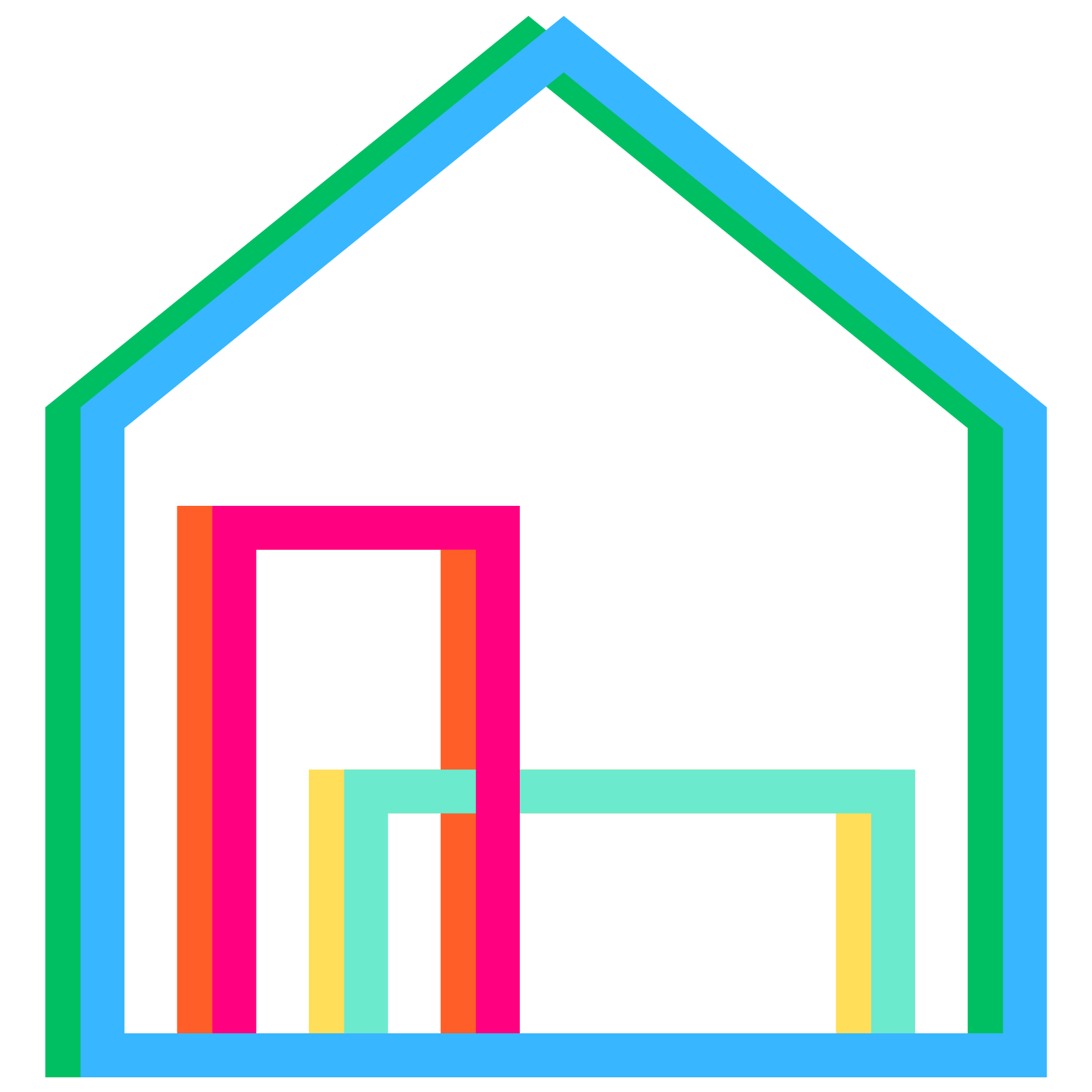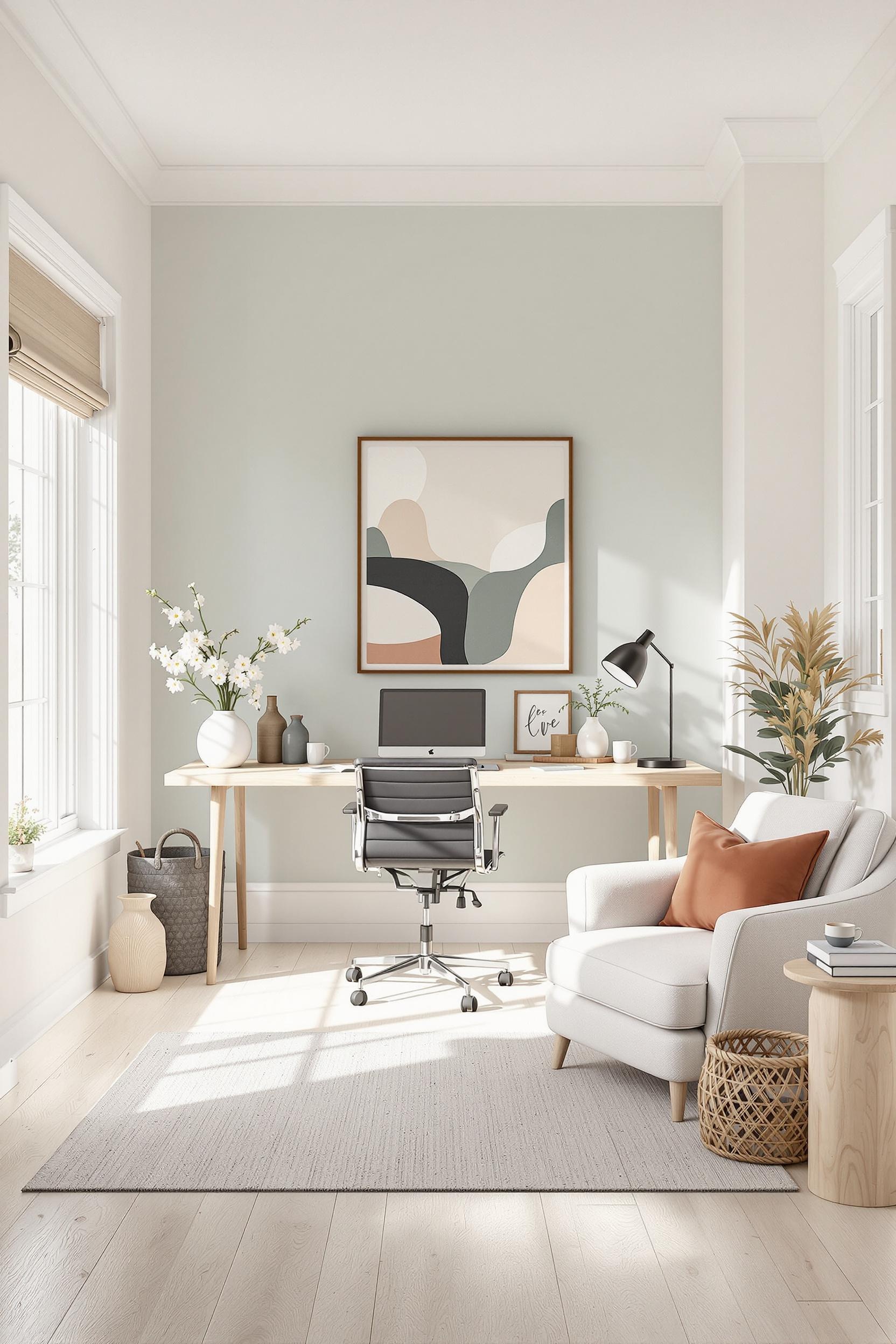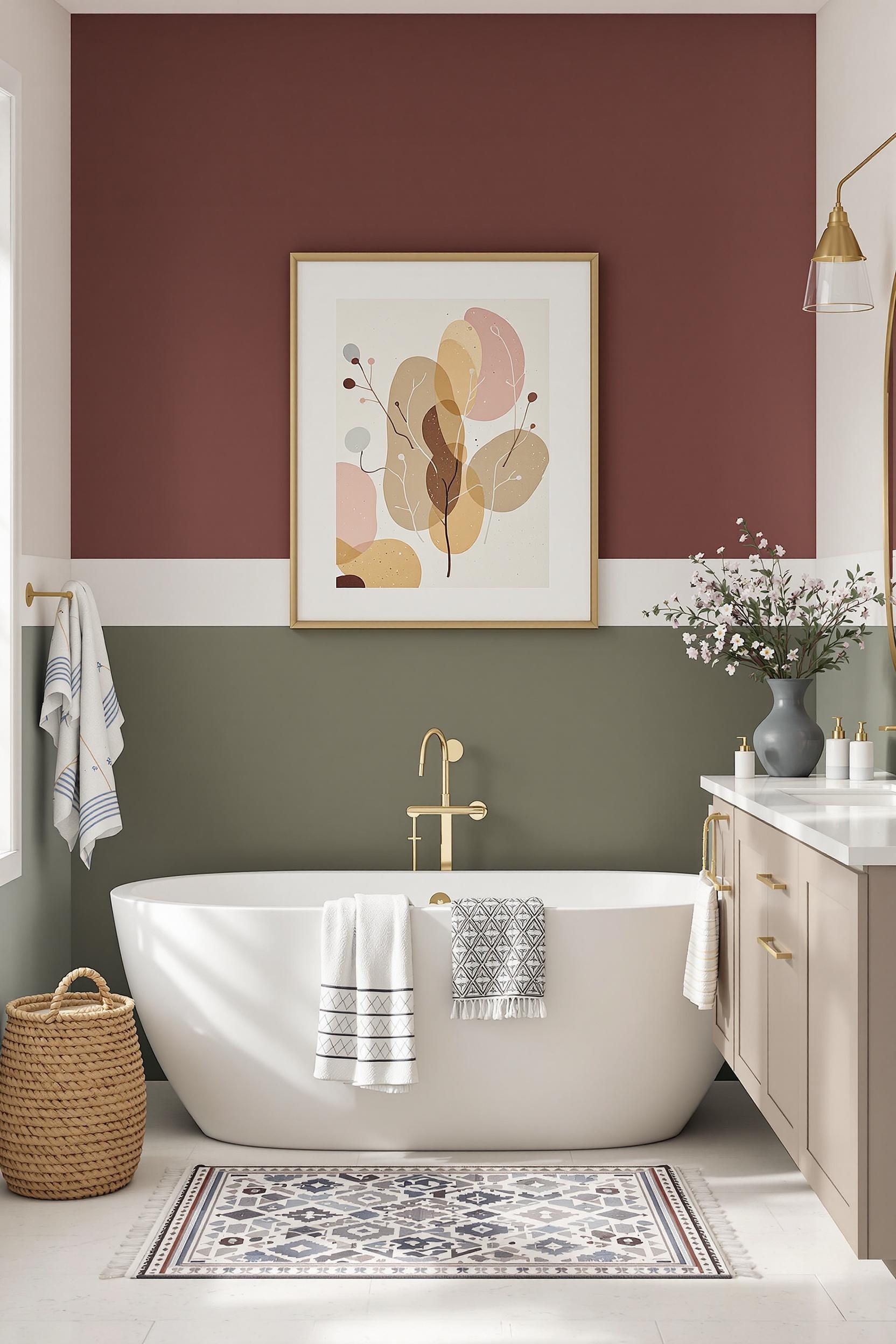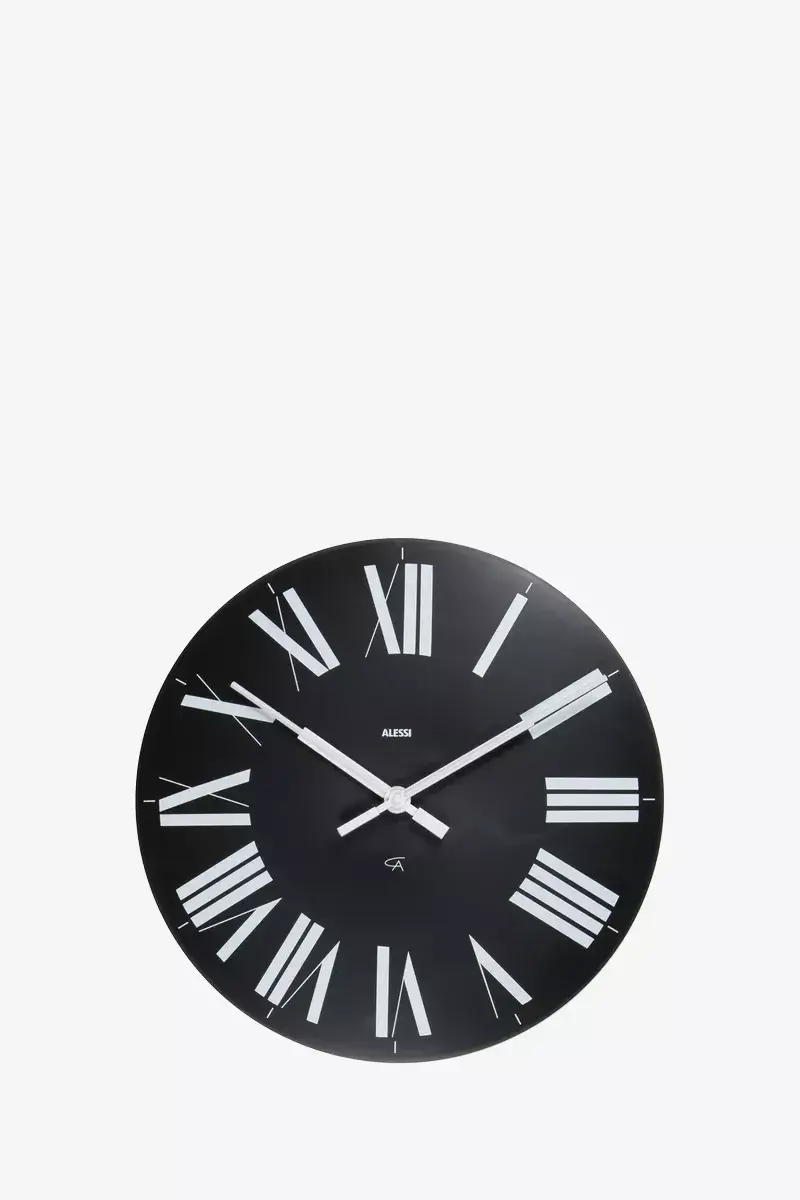
Transform Your Home Office: Color Blocking Magic for Minimalist Workspace Design
Color blocking transforms home offices from boring spaces into dynamic productivity zones. As an interior designer specializing in minimalist home office design, I’ve discovered strategic color zoning can dramatically enhance workspace performance and creativity.
Understanding Color Psychology in Workspace Design
Color zoning isn’t just about aesthetics—it’s a scientific approach to creating an inspiring work environment. By carefully selecting colors, you can influence mood, focus, and productivity. The 60-30-10 color rule serves as a professional designer’s secret weapon for balanced workspaces.
Key benefits of strategic color blocking include:
- • Creating a personalized and inspiring environment
- • Enhancing overall workspace productivity
- • Reducing visual stress
- • Defining distinct functional work areas
Practical Color Zoning Strategies for Small Spaces
Even compact home offices can benefit from smart color zoning techniques. Consider these expert approaches:
- • Experiment with monochromatic color schemes
- • Incorporate an accent color (10%) to inject personality
- • Select a secondary color (30%) to add depth
- • Use a neutral base color (60%) for visual continuity
Pro tip: Choose colors that align with your professional goals. Cool blues promote calmness, while energetic yellows stimulate creativity.
Budget-Friendly Color-Blocking Ideas
Transform your workspace without breaking the bank with these affordable techniques:
- • Layer different textures within your color palette
- • Apply removable wall decals
- • Incorporate colored furniture pieces
- • Use colorful office accessories
- • Paint an accent wall
Color Psychology: Creating Functional Workspace Zones
Different colors trigger specific mental and emotional responses. By dividing your home office into purpose-driven color zones, you can create a more intentional and productive environment.
Expert color zoning approaches include:
- • Implement strategic color blocking to define work areas
- • Use neutral base colors for visual consistency
- • Create an inspiration area with energetic yellow accents
- • Designate a focus zone with calming blue tones
Maximizing Productivity Through Color Design
Your home office is more than a workspace—it’s a reflection of your professional identity. Color blocking allows you to create a dynamic environment that supports your unique work style and creative potential.
Ready to Transform Your Workspace?
Don’t settle for a bland office. Take action now!
- 4. Create your ideal productive environment
- 3. Implement the 60-30-10 color rule
- 2. Experiment with color zoning techniques
- 1. Assess your current workspace color scheme
Get Exclusive Design Tips – Subscribe Now!
I’d love to hear about your color zoning journey. Share your experiences and challenges in the comments below!






